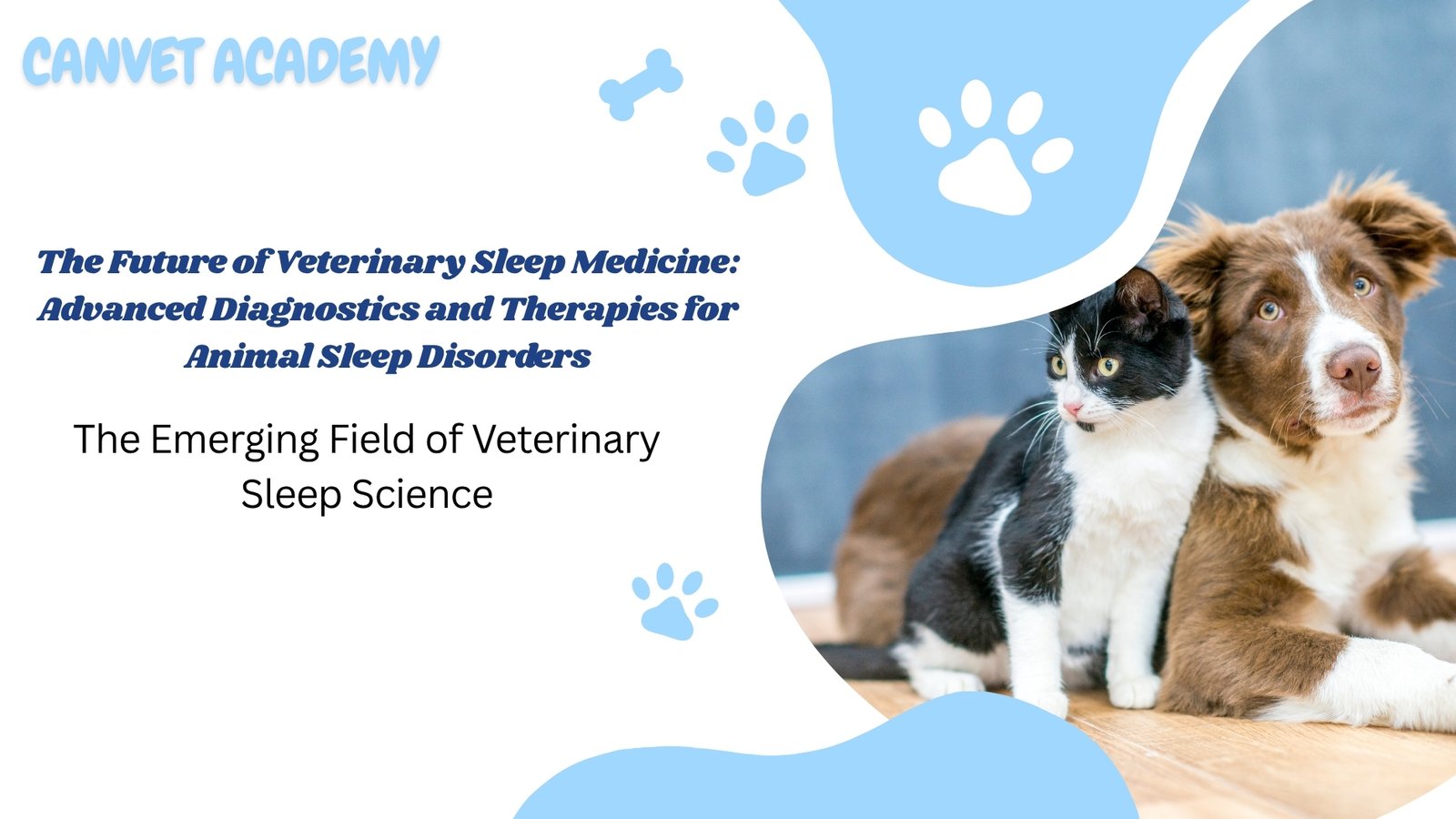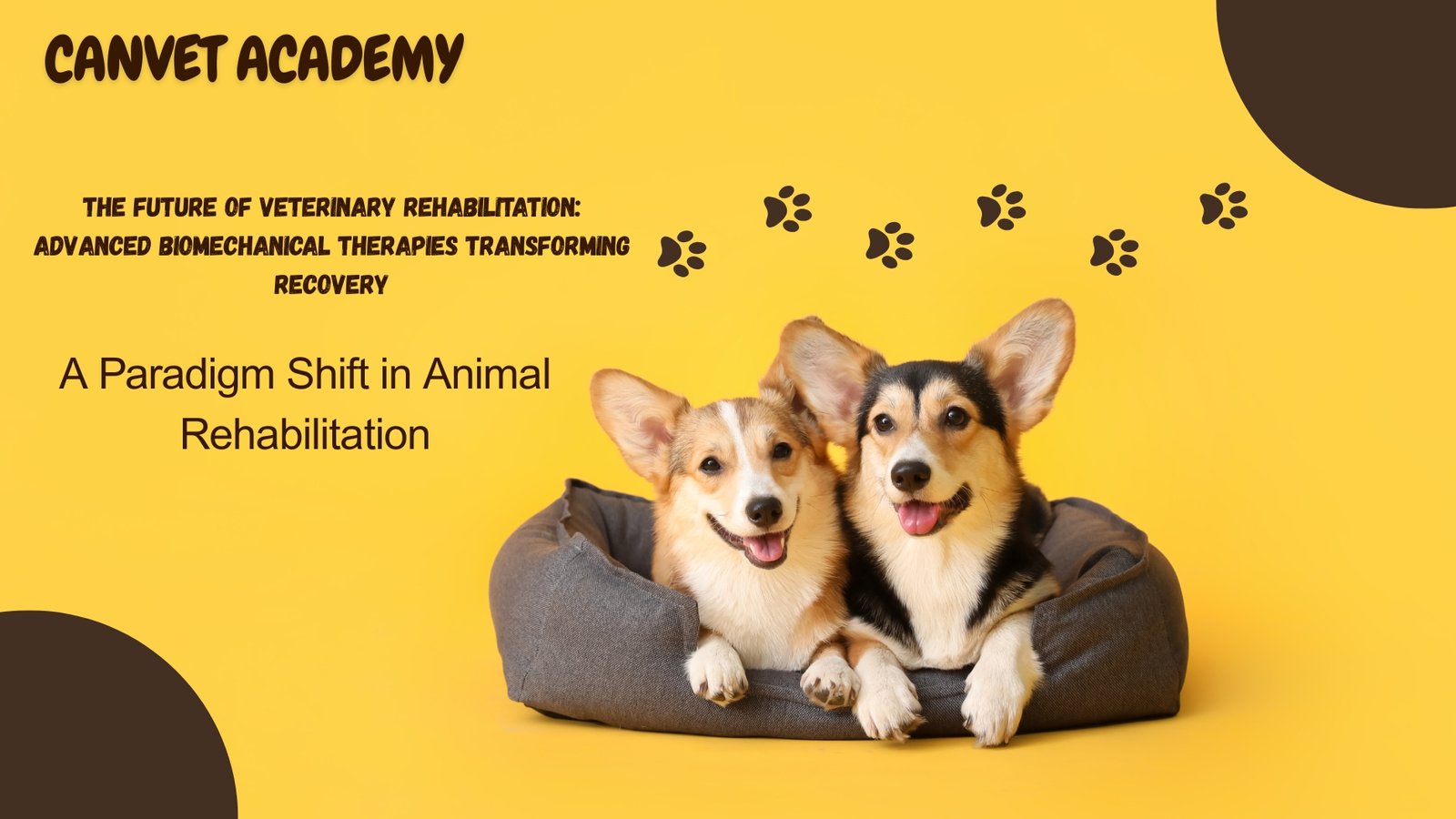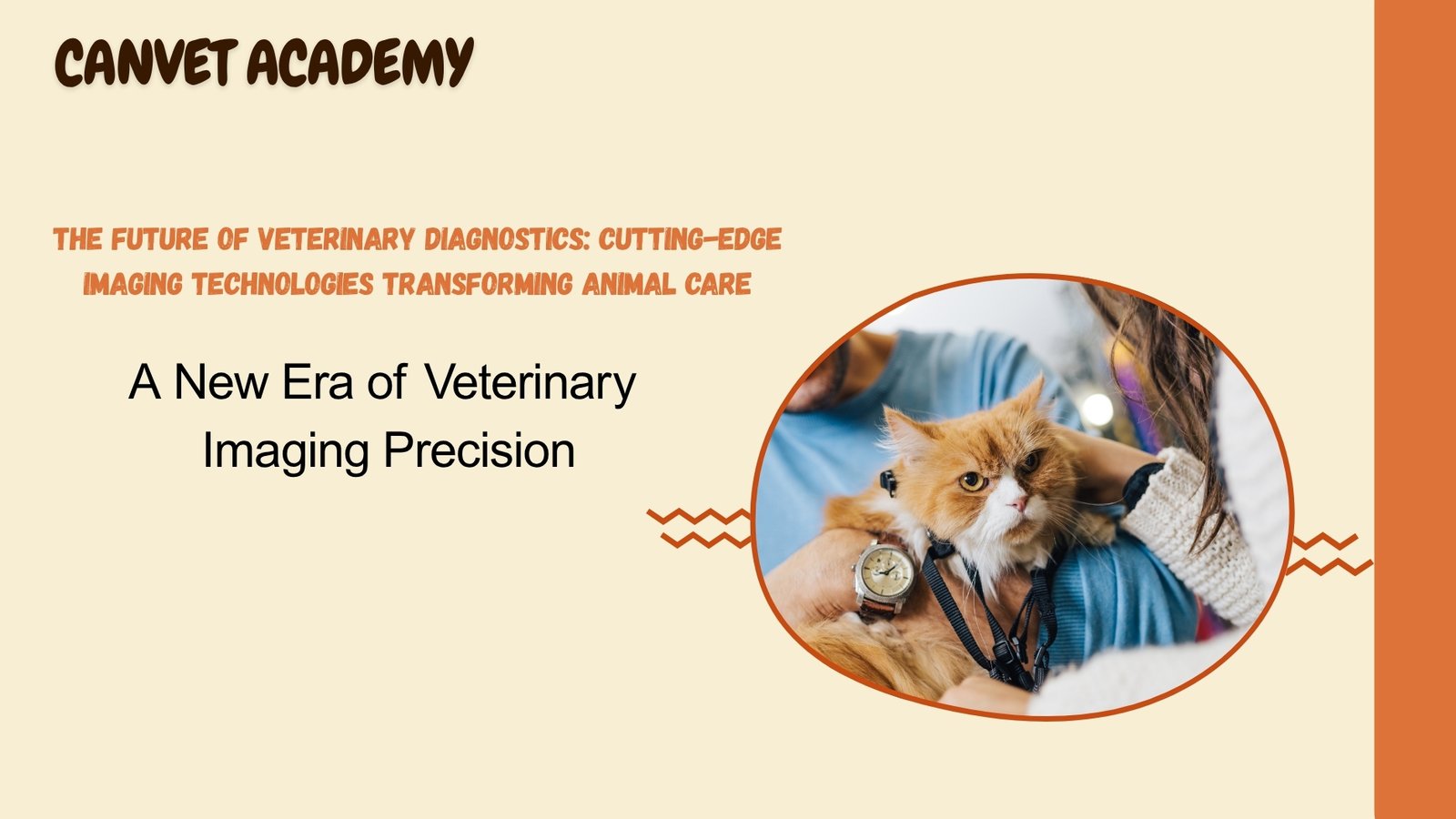Introduction
In an age where the bond between humans and animals is stronger than ever, the demand for high-quality veterinary care has reached unprecedented levels. Pet owners today are more informed, proactive, and emotionally invested in their animals’ well-being. This cultural shift has significantly raised the standards of veterinary medicine, pushing the industry toward a future defined by technological innovation, personalized treatments, and a holistic approach to animal wellness. Modern veterinary medicine is not just about treating illness; it’s about fostering a lifetime of health, longevity, and happiness for animals of all kinds. In this comprehensive blog, we explore what defines excellence in contemporary veterinary care and how it continues to evolve.
The Evolution of Veterinary Medicine
Veterinary medicine has come a long way from its humble beginnings. Once limited to farm animals and basic treatments, the field has expanded to include cutting-edge diagnostics, specialized surgeries, and even integrative therapies such as acupuncture and physiotherapy. Today, veterinary medicine parallels human healthcare in many respects, with disciplines like cardiology, neurology, oncology, and orthopedics becoming standard offerings in advanced practices. This evolution reflects society’s growing recognition of animals as family members and the ethical obligation to provide them with the best possible care.
Client-Centered Veterinary Practices
Excellence in veterinary care starts with the client experience. Progressive animal hospitals and clinics are adopting a more client-centered model that prioritizes clear communication, education, and emotional support. Veterinarians and support staff are trained not only in clinical skills but also in empathy and interpersonal communication. Pet owners are given a central role in treatment planning, fostering trust and collaboration. Features such as online appointment scheduling, digital medical records, and 24/7 telemedicine access are now considered standard in high-quality practices, ensuring seamless and responsive care.
Advanced Diagnostic Capabilities
Modern veterinary clinics are equipped with sophisticated diagnostic tools that were once exclusive to human hospitals. Digital radiography, high-resolution ultrasound, CT scans, MRI, and endoscopy are commonly used to detect and diagnose a wide range of conditions. These tools allow for quicker, more accurate diagnoses, reducing the need for exploratory surgeries and improving treatment outcomes. Additionally, in-house laboratory testing enables veterinarians to analyze blood, urine, and tissue samples in real time, facilitating faster intervention.
Specialized and Personalized Treatment Plans
Personalization is a hallmark of excellent veterinary care. Just as in human medicine, no two animals are alike, and their treatment should reflect their unique needs. Veterinarians now develop highly individualized treatment plans based on factors such as age, breed, genetics, lifestyle, and existing health conditions. From managing chronic illnesses to devising post-operative recovery protocols, care plans are tailored to optimize healing and quality of life. This personalized approach also extends to pain management, with options ranging from conventional medication to laser therapy, acupuncture, and hydrotherapy.
Surgical Excellence and Minimally Invasive Procedures
Modern veterinary surgery has seen remarkable advancements, particularly in minimally invasive techniques. Laparoscopic surgery, orthopedic interventions using precision-guided tools, and robotic-assisted procedures are becoming more common in specialized veterinary centers. These techniques offer numerous benefits, including reduced pain, shorter recovery times, and minimized risk of complications. Furthermore, pre-surgical imaging and 3D modeling allow for better surgical planning and outcomes. High standards in anesthesia and pain management ensure that animals are kept safe and comfortable throughout the surgical process.
Preventive Medicine and Wellness Programs
Preventive care is a cornerstone of modern veterinary excellence. Regular wellness exams, vaccination schedules, dental care, and parasite control are essential components of a comprehensive health plan. Many clinics now offer wellness packages that include routine screenings, nutritional consultations, and behavior evaluations. Early detection of potential issues through routine check-ups not only saves lives but also reduces long-term medical costs. Preventive care extends to lifestyle counseling, helping pet owners make informed decisions about exercise, diet, and mental stimulation for their animals.
Integrative and Holistic Therapies
Holistic veterinary care is gaining traction as more pet owners seek alternatives or complements to conventional treatments. Practices offering acupuncture, chiropractic care, herbal medicine, and massage therapy are becoming increasingly popular. These therapies aim to treat the animal as a whole, addressing not just physical symptoms but also emotional and environmental factors. Integrative veterinary medicine, which combines traditional and holistic modalities, offers a more comprehensive approach to healing and well-being, especially for chronic conditions and senior pets.
Emergency and Critical Care Services
High-quality veterinary care includes the ability to respond effectively in emergencies. Emergency and critical care units in modern veterinary hospitals are equipped with advanced life-support systems, ventilators, and round-the-clock monitoring technology. Trained emergency veterinarians and support staff are prepared to handle trauma, toxicities, acute illnesses, and surgical emergencies with precision and urgency. The integration of triage protocols and real-time diagnostic tools ensures that critical patients receive immediate and targeted intervention.
Veterinary Specialists and Collaborative Care
The rise of veterinary specialists has elevated the standard of care for complex medical cases. Just as in human medicine, veterinary professionals now specialize in fields such as oncology, dermatology, cardiology, and internal medicine. Collaborative care models, where general practitioners work closely with specialists, ensure that animals receive the most comprehensive and expert treatment possible. This team-based approach improves diagnostic accuracy, enhances treatment plans, and ensures continuity of care across multiple disciplines.
Technology and Innovation in Veterinary Practice
Technology continues to drive innovation in veterinary medicine. Telemedicine platforms allow for virtual consultations, remote monitoring, and follow-up care. Mobile apps help pet owners manage appointments, track medications, and receive real-time updates on their animal’s condition. Artificial Intelligence (AI) is being used to analyze diagnostic images, predict disease risk, and support clinical decision-making. Wearable health devices for pets are enabling continuous monitoring of vital signs and activity levels, providing valuable data for preventive and ongoing care.
Compassionate End-of-Life Care
Excellence in veterinary care also encompasses the sensitive area of end-of-life support. Palliative care and hospice services focus on maintaining comfort and dignity for terminally ill animals. Veterinarians trained in grief counseling support families through difficult decisions, offering options such as in-home euthanasia, pain management, and quality-of-life assessments. Compassionate care during this stage not only alleviates suffering for the animal but also provides emotional closure for the pet owner.
The Role of Education and Professional Development
Veterinary excellence is sustained by a commitment to lifelong learning. Continuing education, certification programs, and access to global veterinary networks keep practitioners abreast of the latest medical advances and ethical practices. Clinics that invest in staff training, mentorship programs, and peer collaboration are better positioned to deliver cutting-edge care. Educational outreach to pet owners also plays a crucial role in promoting responsible pet ownership and fostering a culture of health and wellness.
Conclusion
The finest in veterinary care is defined by a combination of clinical expertise, technological sophistication, compassionate service, and a deep respect for the human-animal bond. As veterinary medicine continues to evolve, its future lies in integrating science, empathy, and innovation to meet the diverse needs of animal patients. Whether through personalized treatment plans, minimally invasive surgeries, or holistic therapies, modern veterinary care is setting new benchmarks in animal health and welfare. Pet owners can look forward to a future where excellence in animal medicine is not a privilege but a standard accessible to all.






With the evolving trends in veterinary medicine, it represents a remarkable advancement in medical and veterinary solutions for the modern era.